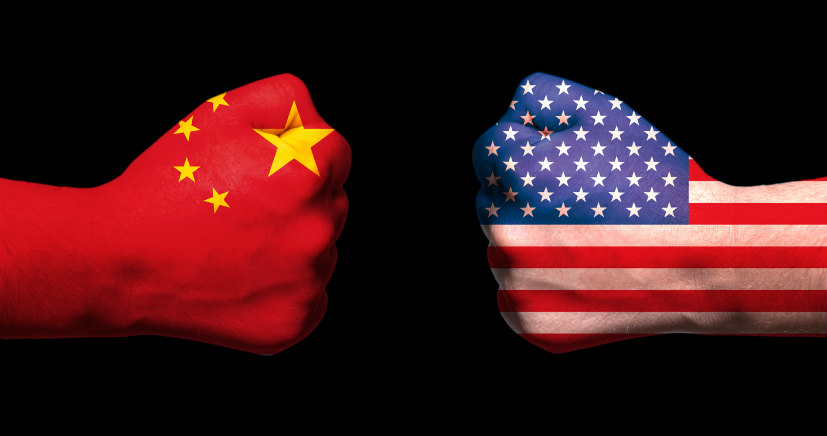Balkanisation gathers pace.
- China’s efforts to become self-sufficient for technology are gathering pace exactly as we predicted, but this will come at the expense of efficiency as Chinese standards will become more costly to implement and run, making China less attractive to non-affiliated countries.
- Alavan Independent has long observed that what began as a strategic rivalry during the first Trump administration has evolved into a bitter ideological struggle not dissimilar to the Cold War.
- The big difference is that during the Cold War, technologies and supply chains were completely separate, meaning that if one of the two economies imploded, it would not affect the other.
- This time around, it is very different as China remains dependent on silicon chips from the USA while a large proportion of goods sold in the USA originate from China even if it does not say so on the label.
- This is why the decoupling of the two economies is causing so much consternation, and hardly a day goes by without news of yet another problem in the supply chain caused by the 145% tariff which is having the impact of accelerating the decoupling.
- China, on the other hand, is working as hard and as fast as it can to remove technology dependencies on the USA from its consumer and industrial goods.
- Xiaomi is the most recent company to make a move, as it looks like it is working with Huawei and BBK (Vivo and Oppo) to come up with a new smartphone operating system that would replace Google Android and Google’s ecosystem.
- Google is irrelevant in China, and so Xiaomi’s HyperOS has the potential to get plenty of traction as long as Chinese app developers are on board.
- There is already one Chinese alternative to Google, which is HarmonyOS from Huawei, but the fact that Huawei is involved leads me to believe that these systems will be similar enough such that developers will be able to write their apps once and have them run on both OSs.
- It is very curious to see BBK involved as BBK is a competitor to Xiaomi both in the local market and abroad and behind that, I sense the hand of the state.
- The priority is technology independence and in that light, all other quarrels and competitive issues are to be forgotten for the greater good of China.
- At the same time, RFM Research is aware of at least 12 fabs that are quietly under construction from Huawei and others that are focused on producing advanced chips using the process developed by Huawei and SMIC at 7nm.
- Once again, this technology is being shared among different companies, pointing to the guiding hand of the state.
- The problem here is that the multipatterning technique first developed by TSMC and tried by Intel has more steps and lower yields than a process that uses extreme ultraviolet (EUV) technology meaning that competing on cost will be hard.
- Furthermore, I suspect this technique will go no further than 7nm despite wide pronouncements that it is expected to go to 5nm.
- However, even if it does go to 5nm, this process will be 2 generations behind the industry’s leading edge and falling further and further behind with every generation.
- To be clear, this will not stop China from developing cutting-edge AI algorithms or smartphones or any other device, but it will limit its ability to do so economically.
- In the short-term obsessed West, this doesn’t mean very much, but I think it is the key factor that could decide the outcome of the technology war.
- The Balkanisation will mean that those (Asia, Africa, Russia, the Middle East, Eastern Europe and Latin America) without technology of their own will have to choose one of the competing standards.
- Historically, this has been a tricky choice as the Chinese technology has been cheaper but came with strings attached, while Western versions were more expensive but with no strings.
- The inability to economically make leading-edge chips will mean that the Chinese standards are more expensive to deploy, and devices will be bigger, heavier and have shorter battery life.
- This makes the choice for 3rd party countries much easier to make, and it is this that I think will determine the eventual outcome of the technology war, as China’s ability to subsidise is limited given the poor condition of its economy.
- It was the economy that decided the Cold War and I suspect that the same will be true once again, although it will take a long time.










Blog Comments
TLT
May 6, 2025 at 8:51 am
Which prediction did you make correctly, from the collapse of Huawei to the stagnation of Chinese AI? But you are still constantly fueling the speculation that the West will ultimately win. I can’t help but say that you are the second GORDON CHANG. Many years later, the Chinese people will thank you for these articles.